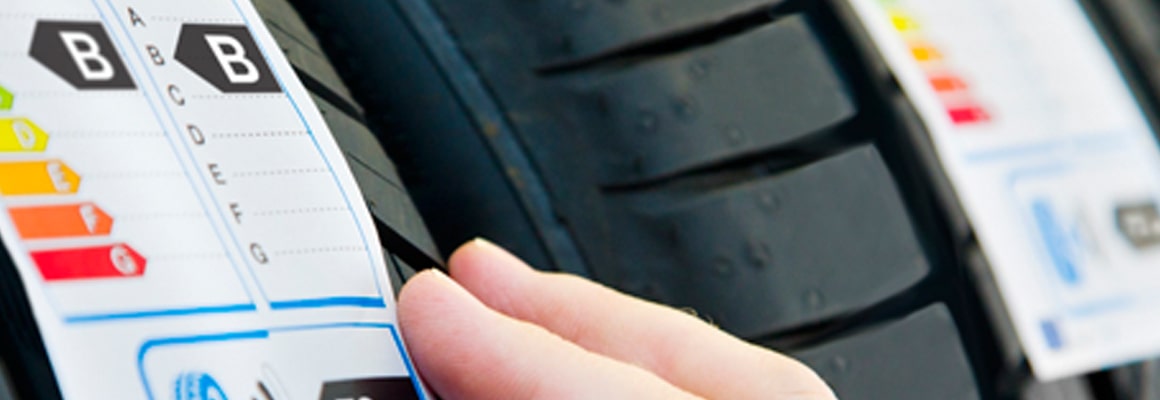Driving more economically
Tyres can have a real impact on the performance of your car, so it’s worth thinking carefully about what you can do to get the best possible results. To help you do just that we spoke to Goodyear Tyres for a little expert advice on the subject.
Why is having the right tyre pressure so important?
Tyre pressure should never be overlooked as it can impact your car’s braking, turning, handling and fuel efficiency. The wrong pressure level will cause tyres to wear out more quickly, which may put your safety at risk. So, it’s worth checking this at least once a month to avoid any issues.

How will the right tyre pressure assist your fuel economy?
Pressure levels can have a significant impact on fuel economy, as tyres account for as much as 20% of your vehicle’s fuel consumption. Tyres that are 25% under inflated increase rolling resistance by 10% and fuel consumption by 2%.
How much difference will fuel-efficient tyres make?
Fuel-efficient tyres are well worth fitting as they require less energy to roll, meaning reduced waste on friction and heat. The better the fuel efficiency the lower the rolling resistance. Fuel efficiency is rated from A (the most efficient) to G (the least).
Although effects can, of course, vary depending on your vehicle and the conditions you’re driving in, using A-rated tyres rather than G-rated could reduce your fuel consumption by more than six litres every 1,000 kilometres. During the life of the tyres this could save you more than £300, based on average petrol prices. And fitting fuel-efficient tyres on your car will also be good news for the environment too of course.
Remember, when fitting new tyres it’s best to change them all at the same time. If you do choose to only replace two, make sure they are the same product as the partly worn tyres and are mounted on the rear axle of your car, as this will offer better stability and traction when you drive. If in doubt, speak to your garage for expert help.

What other factors impact fuel efficiency?
The way you drive can make a big difference, along with the weight of your vehicle. Learning to drive in a more energy efficient way can significantly reduce the amount of fuel you waste.
This needn’t be difficult and is often as simple as changing a few habits. Small things such as turning off your engine while you’ve stopped for a couple of minutes, slowing down, removing unnecessary items from the vehicle before starting your journey and using a higher gear to lower revs can all play a part.
The Energy Saving Trust suggests that across the course of the year the average driver will see savings of as much as £120 by driving smarter, so it’s certainly worth giving a try.
Note - Interview conducted on Monday 16th March 2015